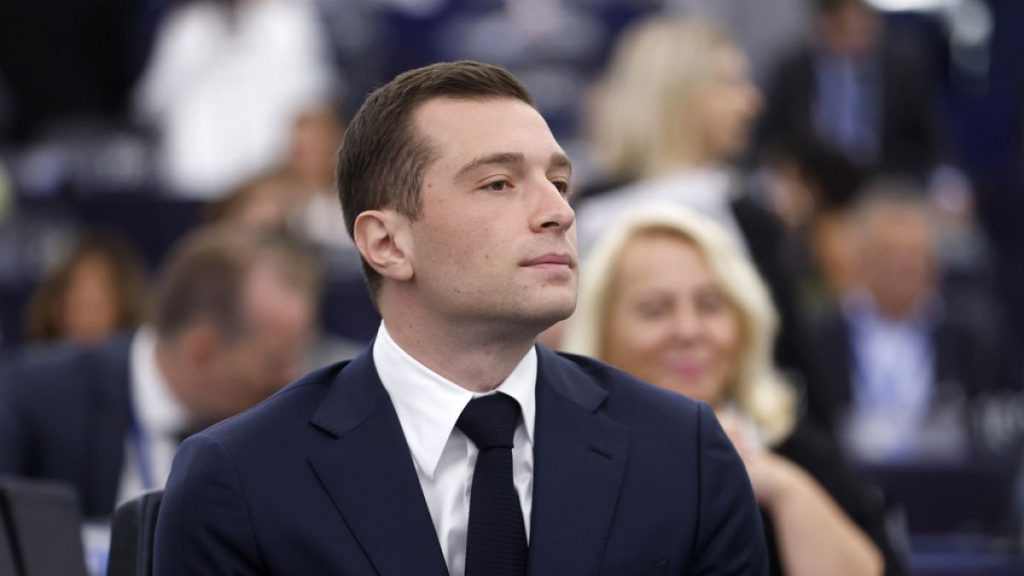The far-right political group, Patriots for Europe, is suing the European Parliament over the cordon sanitaire, which has excluded its MEPs from top positions. This exclusion is part of a practice where centrist pro-European groups work together to prevent right-wing fringe parties from holding prominent roles in the Parliament. Despite achieving good results in the elections, the Patriots have been unable to secure high-level positions due to this practice. Legal experts believe that the challenge led by French MEP Jordan Bardella and Hungarian MEP Kinga Gál is unlikely to be successful, and even if it were, it would not be decided before the end of the current Parliamentary mandate.
The legal process can be lengthy, and experts predict that the tribunal may take two to three years to make a decision, with additional time for any appeals. The lack of legal evidence of the votes that excluded the Patriots further weakens their case. The Rules of procedure of the European Parliament only provide a narrow window for challenging such exclusions, as they require respect for the overall fair representation of political views during the election of candidates to leadership positions. The Patriots argue that the cordon sanitaire violates these internal rules related to the political diversity of each committee.
The debate over the cordon sanitaire has led to discussions about political balance and representation in the European Parliament. The European Conservatives and Reformists Party (ECR) has managed to secure some positions despite being considered eurosceptic. However, the exclusion of the Patriots from top jobs has raised concerns about discrimination based on political grounds. Experts believe that the Parliament has the authority to make decisions about its internal organization and that the cordon sanitaire is a political custom rather than hard law.
The Patriots for Europe argue that the decision to exclude its members from leadership positions goes against EU treaty and Charter on fundamental rights provisions related to representative democracy and discrimination based on political affiliation. If the Court were to rule in favor of Bardella and Gál, it would have significant implications for the Parliament. However, experts warn that the Court may ultimately decide that this is a political matter that should be resolved internally by the Parliament. The Patriots’ legal battle against the cordon sanitaire is seen as a challenge to the existing political custom rather than a clear-cut legal issue.
In conclusion, the legal challenge by the Patriots for Europe against the cordon sanitaire faces significant hurdles due to the lengthy legal process and lack of concrete evidence. The debate over political balance and representation in the European Parliament continues to be a contentious issue, with the cordon sanitaire being seen as a barrier to far-right parties obtaining top positions. While the outcome of this legal battle remains uncertain, experts believe that the Parliament has the authority to determine its internal organization and that the cordon sanitaire is a political custom rather than a strict legal requirement. The Patriots’ fight for fair representation and inclusion in top jobs highlights broader concerns about discrimination and fundamental rights within the EU political system.


